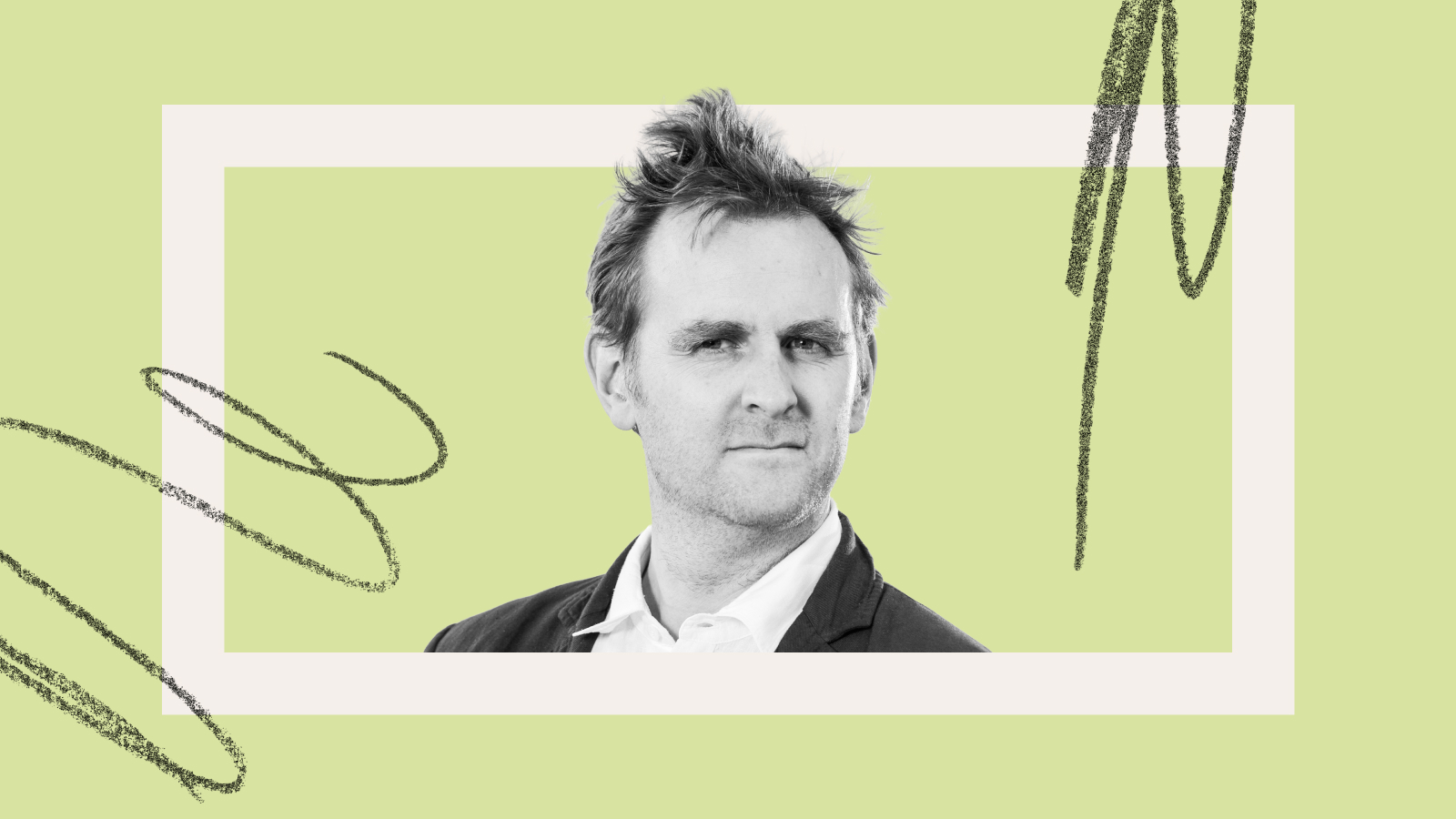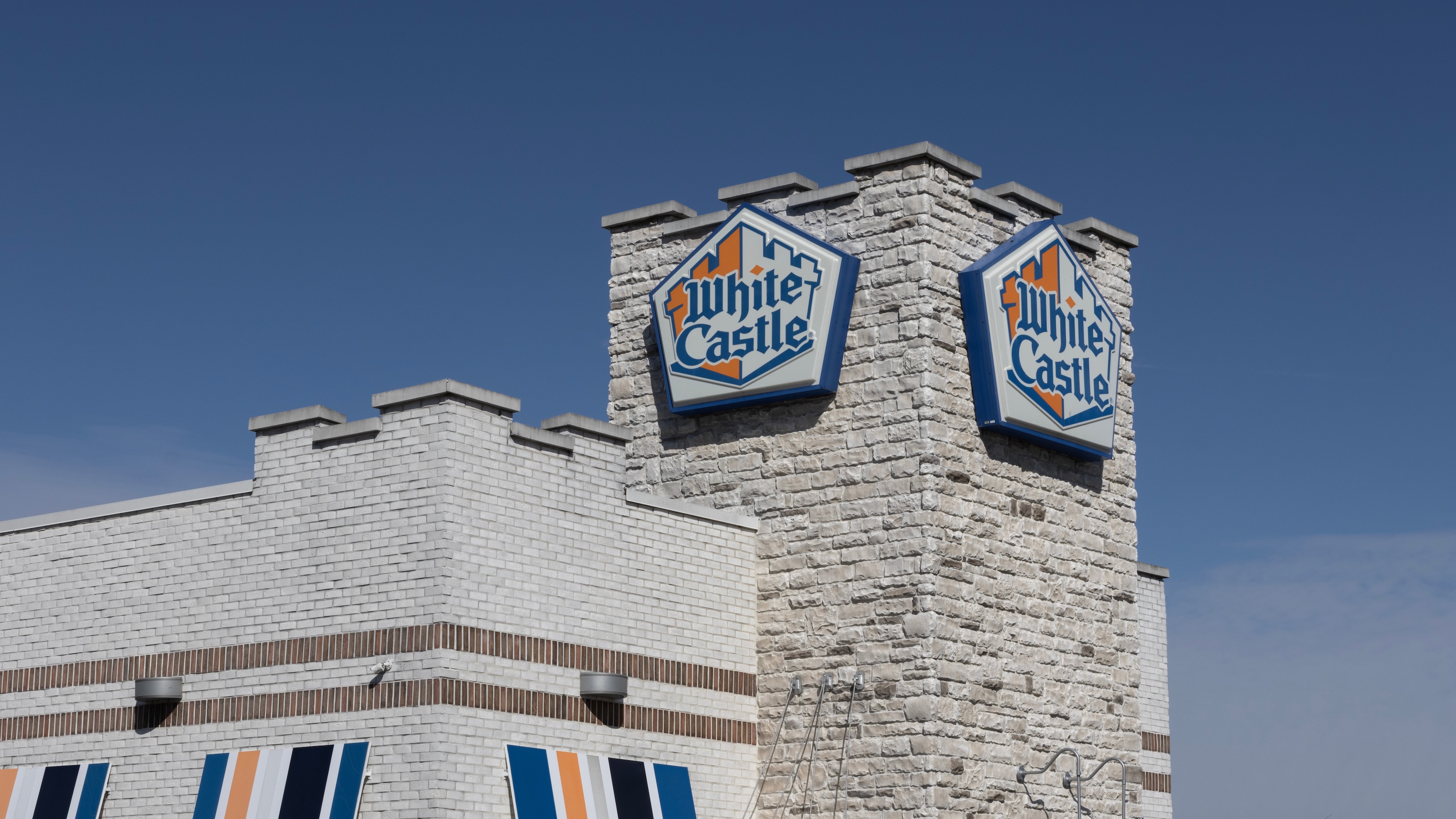Why Isn’t the Public Option an Option?

On Monday, Sen. Jay Rockefeller (D-WV) announced that although he strongly supports the so-called public option, he wouldn’t vote to add it to the health care bill by way of the reconciliation process. Many senators say that passing the public option by way of reconciliation—a procedure which bypasses the threat of a filibuster so that the Senate can pass the bill with a simple majority—would come across as being too partisan. Now White House Press Secretary Robert Gibbs says there aren’t enough votes to include a public option, even using reconciliation.
The reason to include a provision for a government-run health care plan is simple. As Glenn Greenwald says, if you’re going to force people to buy health insurance, you should probably give them an alternative to the private plans they don’t use as it is. Allowing people to buy into a government-run health care program ensures that everyone has access to a minimally-acceptable standard plan. Giving people the option to use a public plan would hardly amount to a government takeover of the health care system. If people didn’t like the plan, they wouldn’t have to use it.
For all the angry rhetoric about socialized medicine, the public option is actually quite popular. Reuters found in December that almost 60% of Americans—including almost 60% of independent voters—would like a public option provision in the final health care bill. It even appears to be popular—more popular than the health care bill itself—in the states of key senators who are on the fence. Liberal activist site FireDogLake compiled a list of 51 senators who seem to have expressed support for a public option. And 24 Democratic senators—including six committee chairs—have signed a letter asking that the public option to brought to a vote under reconciliation rules, saying it could reduce health care costs by billions of dollars.
Although reconciliation smacks of back-room dealings, it’s hardly undemocratic. By bypassing the filibuster—which actually has no basis in the Constitution, but is itself simply a customary procedural rule—it would put the public option to be put to a simple majority vote, rather than allowing a minority of senators to prevent it from passing. The argument against reconciliation is, in essence, that it would be inappropriate to pass major legislation without getting the Republicans to buy in. But the Republicans have made it clear that they intend to block whatever plan the Democrats propose anyway. And using the reconciliation process to pass a major piece of legislation is hardly unprecedented. As Timothy Noah points out, reconciliation was used to pass welfare reform, COBRA, and the Children’s Health Insurance Program. And, as Ezra Klein says, it’s been used more by Republicans than by Democrats. “It’s done almost every Congress,” Senate Majority Leader Harry Reid says, “and they’re the ones that used it more than anyone else.”
Even so there may not be 50 votes in the Senate for the public option. Many senators are reluctant to use the reconciliation process to pass something as polarizing as the public option. And there may never have been 51 votes for the public option in any case. As Glenn Greenwald says, many Democrats were, like Jay Rockefeller, happy to express support for the public option in theory when they believed it would never come to a vote. But that doesn’t mean that when it comes down to it that they are willing to give it their vote. An August whip count found only 43 firm votes for the public option, and one of those was the late Sen. Ted Kennedy (D-MA). The White House might be able to drum up the rest of the necessary votes. But it’s not all that clear President Obama was ever all that serious about the public option. And, as Nate Silver argues, President Obama may be right to feel that the appearance of bipartisanship—even if there is no chance of winning any Republican votes—is more important than the public option. But if, as Ezra Klein says, the key to holding on to Congress is mobilizing the Democratic base, then passing the public option “may be the party’s last, best hope to give its passionate supporters the win that would reinvigorate them for 2010.”





